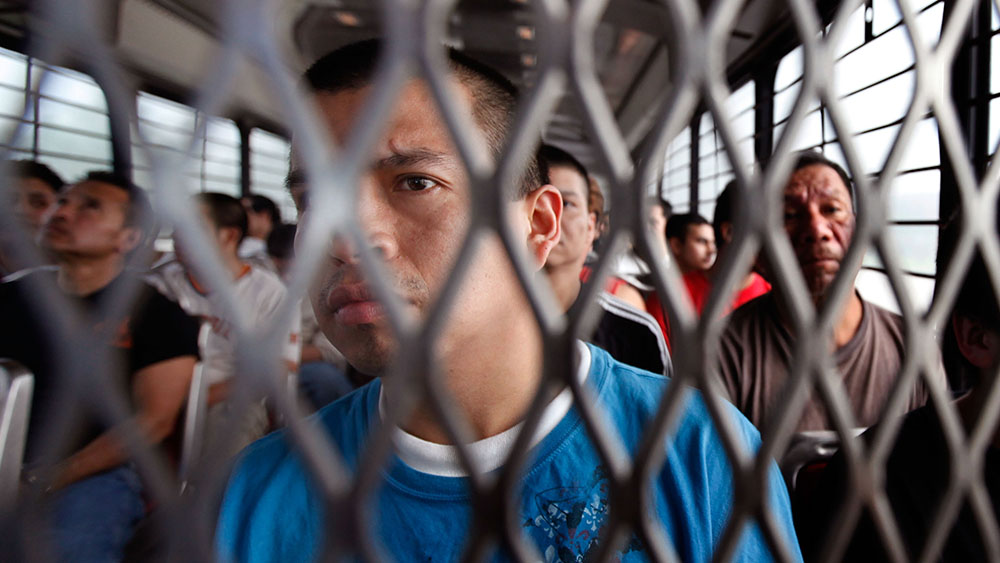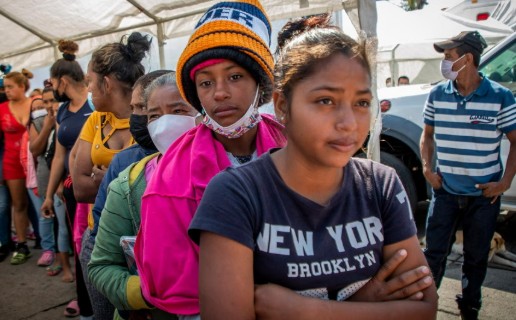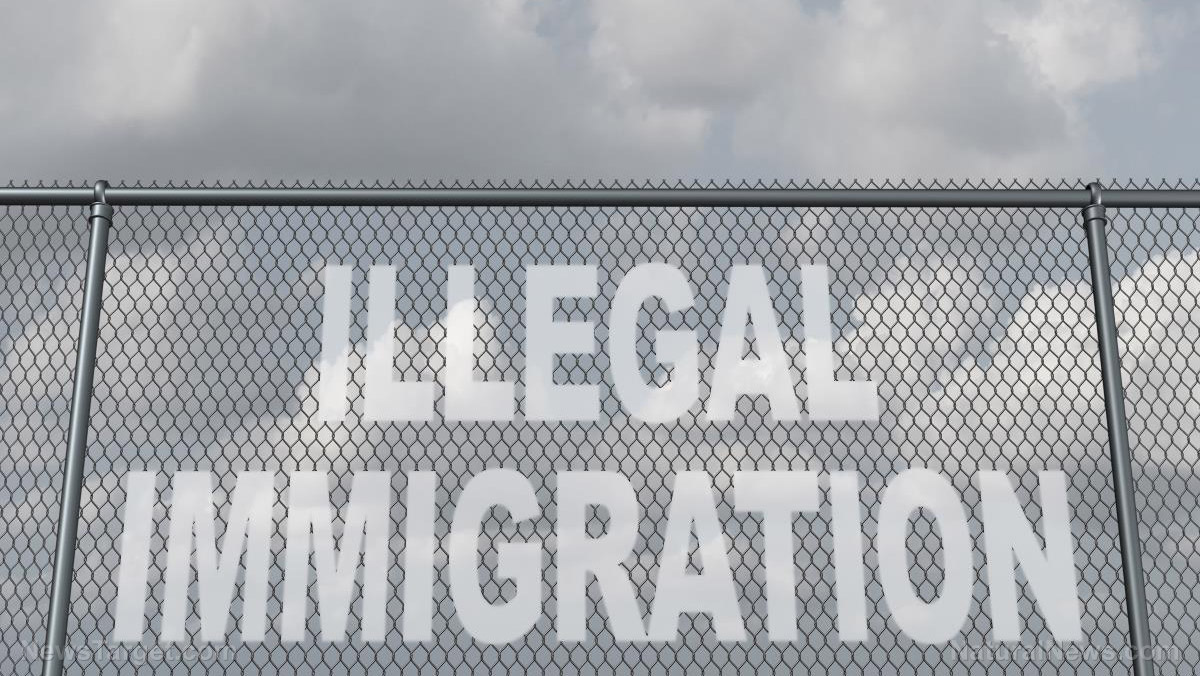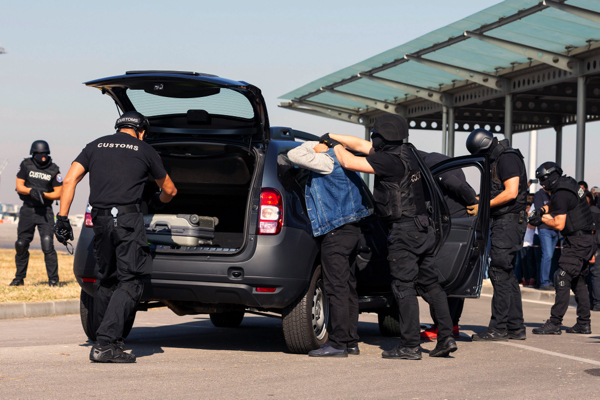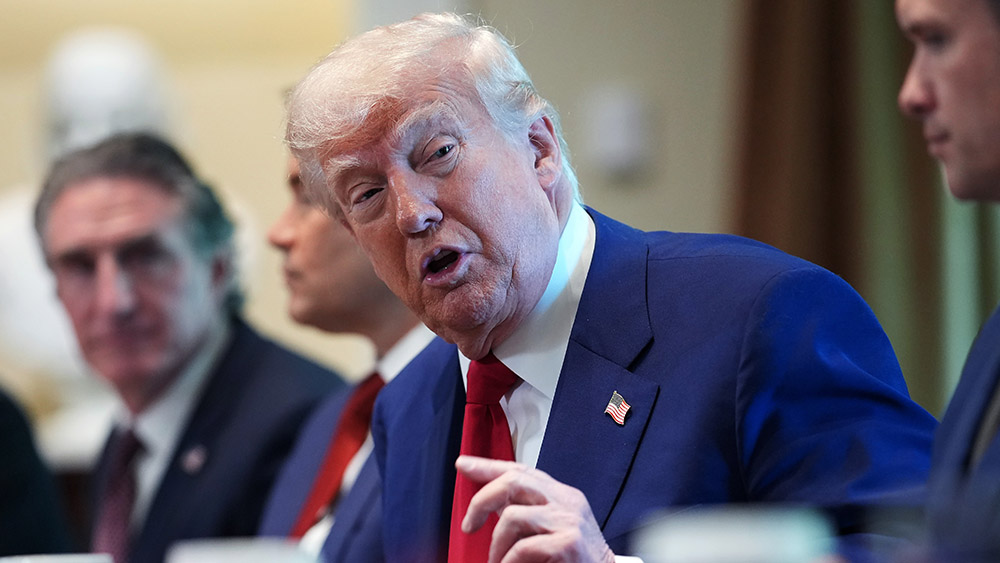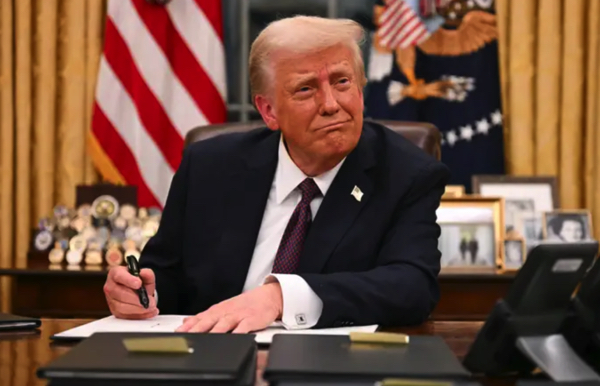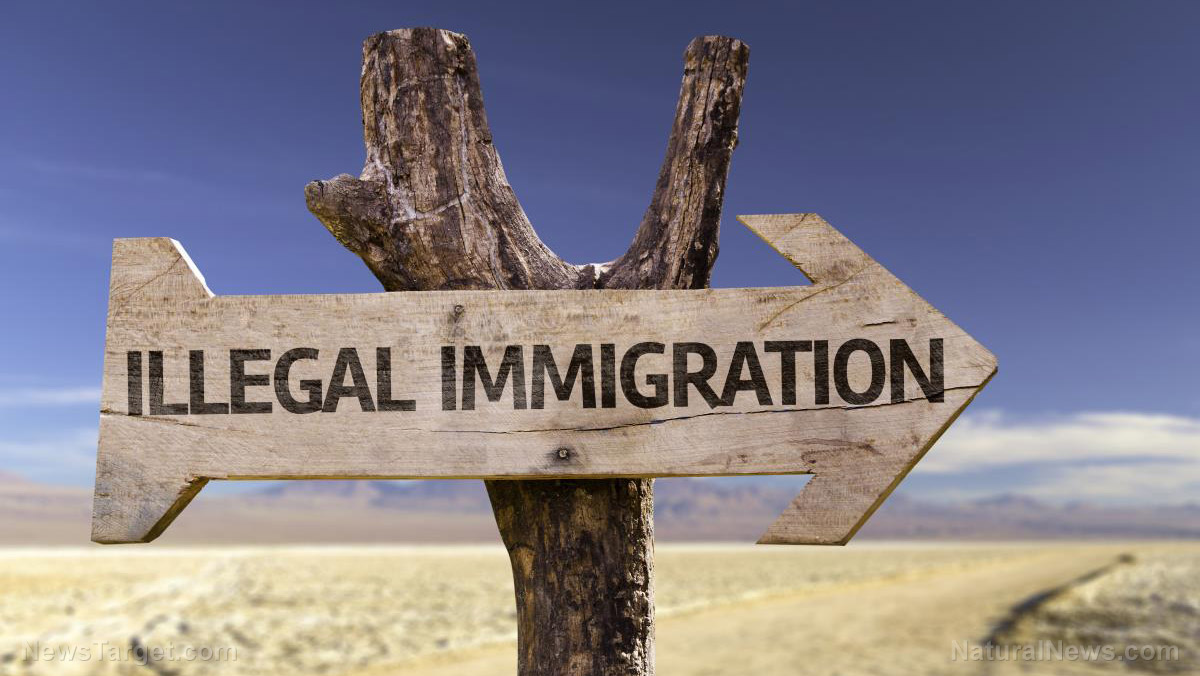U.S. to impose new “visa integrity fee” on millions of foreign visitors
07/28/2025 / By Laura Harris
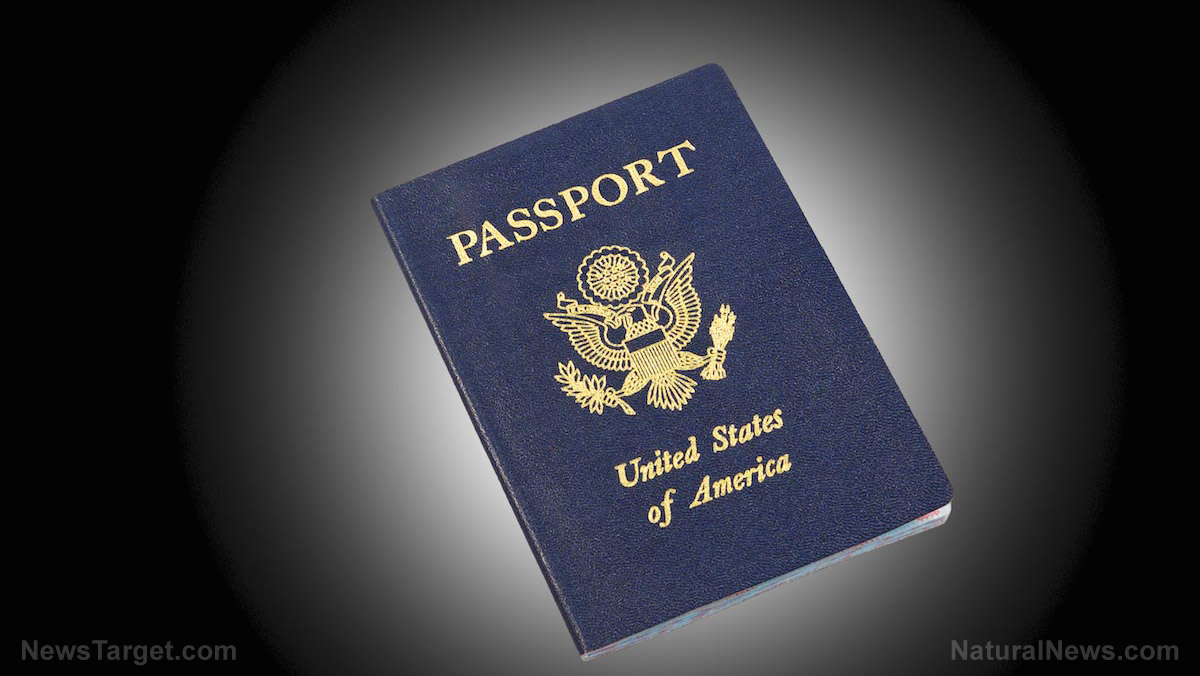
- The U.S. will implement a $250 “visa integrity fee” for most non-immigrant visa applicants under the One Big Beautiful Bill Act, affecting tourists, students, temporary workers and their dependents.
- The fee is refundable only if the visa holder complies with all visa terms, avoids unauthorized employment and departs the U.S. within five days of their authorized stay, though exceptions exist for those adjusting or changing status.
- Canadian citizens, Visa Waiver Program travelers, diplomats, NATO officials and immigrant visa applicants (including K-status fiancés) are exempt from the fee; applicability to asylum seekers and refugees remains unclear.
- The fee will not take effect immediately; a federal rule-making process, including public comment and inter-agency coordination, must be completed first, likely taking a year or more.
- While the U.S. Travel Association criticized it as a financial burden that may deter international visitors, estimating it could increase travel costs by 144 percent, some argued the fee could strengthen border compliance.
The United States is set to introduce a new “visa integrity fee” that will be charged to foreign nationals when they are issued visas for entry into the country.
The visa integrity fee, created under the One Big Beautiful Bill Act, will apply to nearly all non-immigrant visa applicants, affecting business travelers, tourists, students and temporary workers. The minimum fee is set at $250 per applicant and may be adjusted over time for inflation or policy changes by the Department of Homeland Security (DHS). It is in addition to existing visa fees and may significantly raise the cost of visiting the U.S. for millions of people. (Related: Trump orders visa suspensions on 19 countries due to national security concerns.)
The new fee is refundable, but only under strict conditions.
To qualify for a refund, the visa holder must fully comply with all terms of their visa, including refraining from unauthorized employment. In addition, they must leave the U.S. within five days after the expiration of their authorized period of stay. Individuals who overstay their visas or violate any conditions of their status will not be eligible for a refund.
However, there are exceptions: Foreign nationals who adjust their status to permanent residency or who change from one non-immigrant visa category to another, such as international students who later obtain work visas, may still qualify for a refund, even if they remain in the U.S. beyond their original period of admission.
Some major groups will also be exempt from the fee.
These include Canadian citizens, who generally do not require visas to enter the U.S.; most participants in the Visa Waiver Program, such as citizens of the U.K., Japan, Australia and most of the European Union (EU), who can visit for up to 90 days after obtaining an Electronic System for Travel Authorization (ESTA) approval; diplomats, foreign officials and North Atlantic Treaty Organization (NATO) personnel traveling under special visa classifications (A, G, or NATO status); and immigrant visa applicants, including spouses and fiancées of U.S. citizens (on K-status), who are considered “intending immigrants.”
But there is an uncertainty surrounding the fee’s applicability to asylum seekers and refugees, who do not typically receive visas before entering the United States.
The implementation of the fee is not immediate as it requires cross-agency coordination. The DHS must first complete a federal rule-making process, including a public comment period, which could take a year or longer, depending on public feedback and legal developments.
New visa integrity fee sparks backlash despite possibility that it could boost U.S. border compliance
The visa integrity fee has gained mixed reactions from the public.
For instance, the U.S. Travel Association, a national nonprofit dedicated to promoting travel to and within the U.S., voiced strong opposition to the new visa integrity fee, even as it praised other elements of the domestic policy bill, such as investments in customs modernization and air traffic control upgrades. The organization called the visa fee “a giant leap backwards.”
“This fee, which will be at least $250 and comes on top of existing visa fees, adds an unnecessary financial barrier for international visitors,” said Erik Hansen, senior vice president of government relations for the association.
According to the association’s estimates, the new charge would increase the “upfront costs” of visiting the U.S. by 144 percent. “Even if it is technically reimbursable, the added complexity and cost will discourage visitors,” Hansen warned. He also noted that many U.S. visas are valid for up to 10 years, which complicates the intent behind the refund policy. “So while the fee is a temporary charge aimed at ensuring compliance, the visa term can often be long enough where it won’t feel temporary and raises challenges with implementing a refund.”
Still, the visa integrity fee could serve as a valuable tool to promote compliance, safeguard the immigration system and ultimately strengthen the integrity of U.S. borders if implemented carefully.
Bookmark Trump.news for more stories like this.
President Donald Trump got celebrity Rosie O’Donnell to “self-deport.” Watch this video.
This video is from the TrendingNews channel on Brighteon.com.
More related stories:
U.S. imposes visa restrictions on Nicaraguan officials over human rights abuses.
Trump administration ends legal status for 500,000 migrants, orders self-deportation or arrest.
DOJ’s visa fraud crackdown upends immigration industry, divides firms and U.S. workers.
Sources include:
Submit a correction >>
Tagged Under:
big government, immigrants, Immigration, migrants, national security, progress, travelers, Trump, Trump administration, US visitors, visa integrity fee, White House
This article may contain statements that reflect the opinion of the author
RECENT NEWS & ARTICLES
COPYRIGHT © 2018 OPENBORDERS.NEWS
All content posted on this site is protected under Free Speech. OpenBorders.news is not responsible for content written by contributing authors. The information on this site is provided for educational and entertainment purposes only. It is not intended as a substitute for professional advice of any kind. OpenBorders.news assumes no responsibility for the use or misuse of this material. All trademarks, registered trademarks and service marks mentioned on this site are the property of their respective owners.


